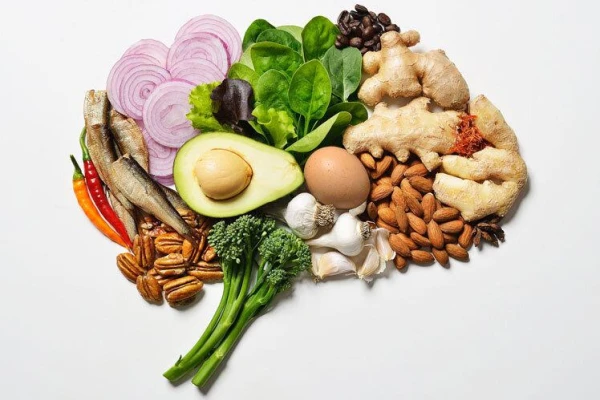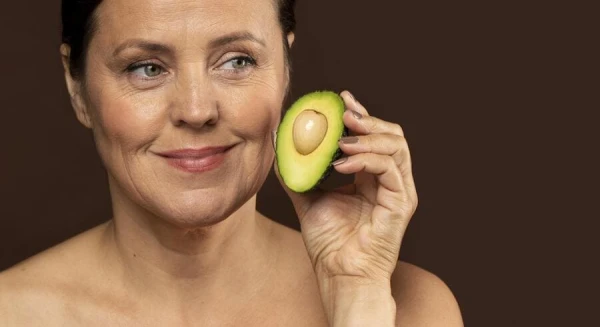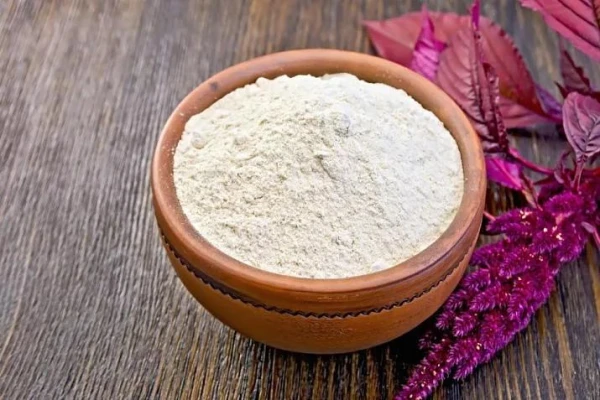
Many people love butter, but can this product be considered healthy, or is it time to rethink habits?
Nutrition experts explained to Martha Stewart why butter should neither be demonized nor considered a "vitamin-rich" product.
Butter is not the enemy if consumed in moderation
Butter itself is neither a "good" nor a "bad" product, stated dietitian Lori Wright. It all depends on the quantity and what it is consumed with.
Butter does contain important fat-soluble vitamins A, D, E, and K, but in small amounts:
- Vitamin A supports vision and immunity;
- Vitamin D strengthens bones;
- Vitamin E acts as an antioxidant, protecting cells from damage;
- Vitamin K regulates calcium metabolism.
However, butter is not a primary source of these substances, and one should not expect health benefits from it.
There is still a risk
The main "downside" of butter is its high calorie content. Just 1 tablespoon contains about 100 calories and 7 grams of fat, which accounts for more than half of the daily norm. Research shows that excess fat increases levels of "bad" cholesterol (LDL) and raises the risk of cardiovascular diseases.
In this regard, butter should be used as a flavor accent, at 1–2 teaspoons per day, rather than as a primary source of fat. Healthier alternatives include olive, canola, or flaxseed oils, which are rich in unsaturated fatty acids. Those suffering from hypercholesterolemia, heart diseases, or fatty liver disease are advised by doctors to limit or eliminate the product altogether.













